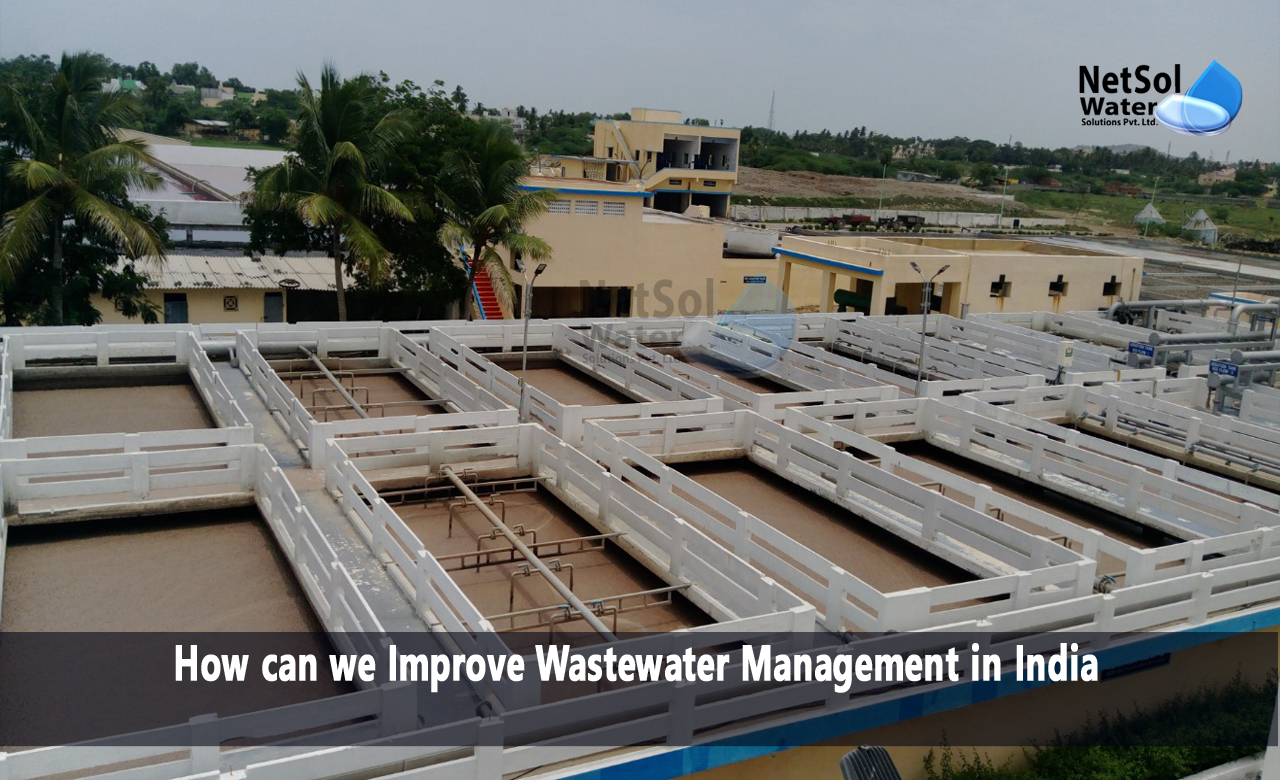How can we Improve Wastewater Management in India?
Wastewater management in India presents a critical challenge amidst a vibrant landscape and an ever-expanding population. In this section, We outline a comprehensive strategy to improve wastewater management in the country.
Policy Overhaul and Stringent Regulations
It is necessary to embark upon a thorough policy change and bolstering rules. Implementing clear-cut regulations and robust sanctions will establish a firm foundation for responsible wastewater management practices within this country.
Investment in Wastewater Infrastructure
Wastewater treatment infrastructure deserves substantial investments. To accommodate growing volumes of wastewater, it is necessary to upgrade existing treatment plants, construct new facilities, and implement decentralized systems.
Public Awareness Campaigns
Increasing public awareness of the value of appropriate water use and the detrimental effects of untreated wastewater. Intensive public awareness campaigns may cultivate an environmental consciousness that leads to water-saving practices.
Promoting Water Reuse Practices
The reuse of treated wastewater for non-potable purposes such as industrial processes and irrigation could reduce pressure on freshwater sources. Policies and infrastructure for water reuse must be imposed.
Harnessing Advanced Technologies
The efficiency of wastewater treatment can be significantly improved by leveraging technological advancements such as intelligent monitoring systems, artificial intelligence and innovative treatment processes. Management of sustainability requires embracing ultra-modern solutions.
Implementation of Green Infrastructure
The green infrastructure, including built wetlands and porous pavements, could assist natural wastewater treatment. These solutions are eco-friendly and help in filtering, thus lightening the load on traditional water plants.
Community Involvement and Engagement
This is crucial in getting the local communities to support wastewater management programs. The fabric can reinforce sustainable wastewater practices through community-based projects, awareness programs, and participatory approaches.
Industry Collaboration for Best Practices
Industries largely generate wastewater. Wastewater management best practices can be developed and adopted through cooperation among sectors, regulatory bodies, and environmental organizations.
Decentralized Treatment Systems
Decentralized treatment systems address wastewater problems in a specific region. Such networks decrease the pressure in centralized waste treatment plants enabling proper treatment at its origin.
Incentivizing Sustainable Practices
Awarding financial incentives and bonuses for industries adopting sustainable wastewater management practices can be very influential. Tax breaks, subsidies, and/or recognition programs can bring about change.
Research and Development Initiatives
It is essential to invest in R&D for wastewater treatment technologies suited to Indian conditions. Low-cost and energy-effectiveness wastewater treatment solutions for various characterization.
Capacity Building and Training Programs
It is crucial to develop the capacity of professionals involved in wastewater management. Expertise necessary for effective and responsible management of projects can be gained through training programs, workshops and other skill development initiatives.
Strategic Monitoring and Data Analytics
With the use of strategic monitoring systems and data analytics tools, it is possible to monitor wastewater parameters in real time. It is through proactive data analysis that one can make informed decisions/optimal treatment processes.
Integration of Nature-Based Solutions
Nature-based solutions will involve afforestation around water bodies and restoration of natural habitats will help in improving the quality of water entering treatment plants as part of watershed management.
Government-Industry Partnerships
Partnership approach for sustainable wastewater management. Impact can be driven with joint ventures, research collaborations, and shared responsibilities.
Global Collaboration and Knowledge Exchange
Such interaction through international entities and participation in knowledge exchange programmers could offer valuable information on global best practices. Indian wastewater management can learn from best practices worldwide and adopt them to be more efficient.
Conclusion:
To improve wastewater management in India, policy reforms, physical infrastructure investments, technological advances, and community involvement are required. These subtopics provide India an ideal opportunity to initiate a revolutionary path towards sustainable wastewater management and reviving its waterscapes.
Netsol Water is Greater Noida-based leading water & wastewater treatment plant manufacturer. We are industry's most demanding company based on client review and work quality. We are known as best commercial RO plant manufacturers, industrial RO plant manufacturer, sewage treatment plant manufacturer, Water Softener Plant Manufacturers and effluent treatment plant manufacturers. Apart from this 24x7 customer support is our USP. Call on +91-9650608473, or write us at enquiry@netsolwater.com for any support, inquiry or product-purchase related query.



